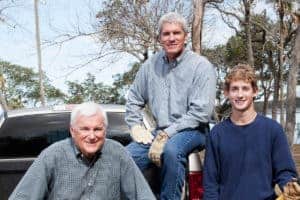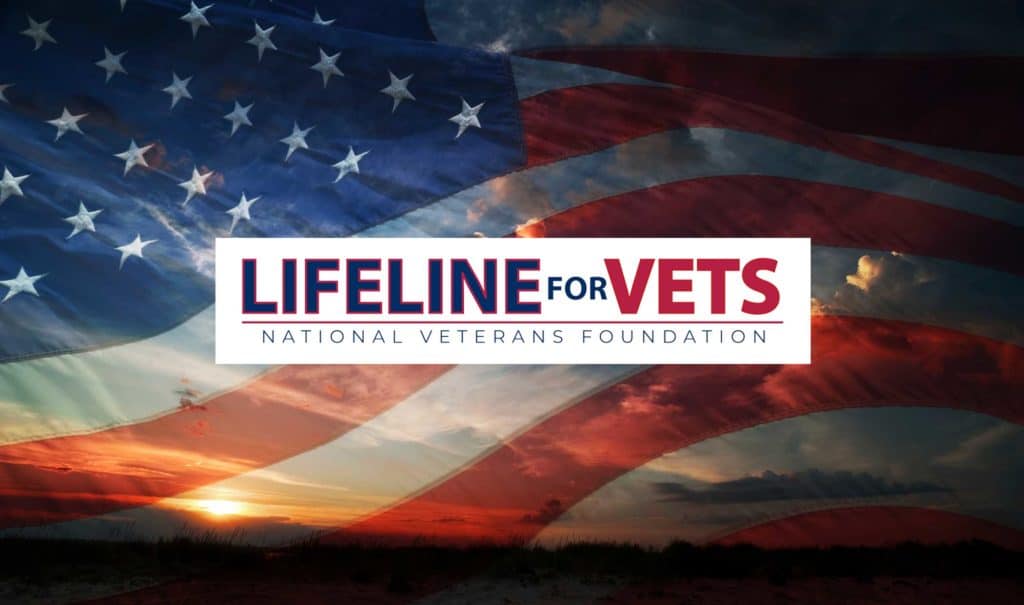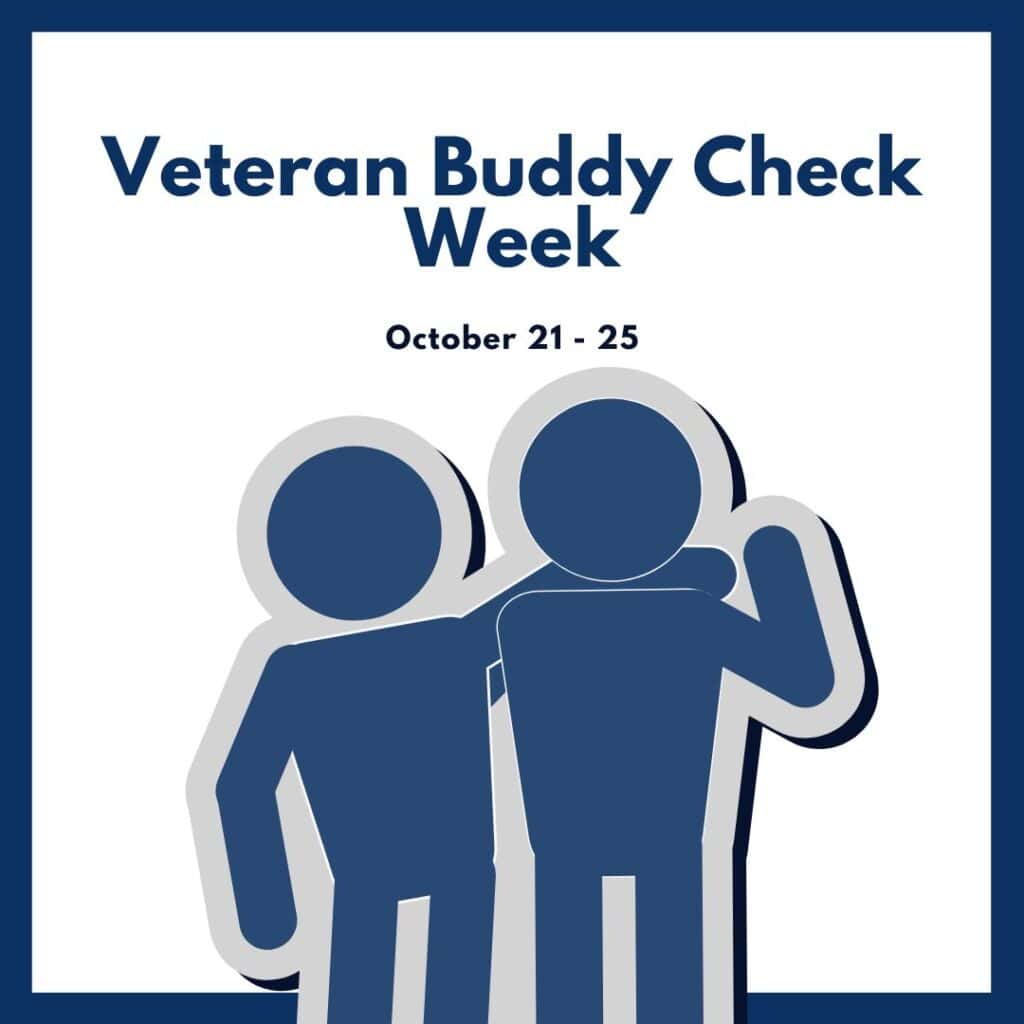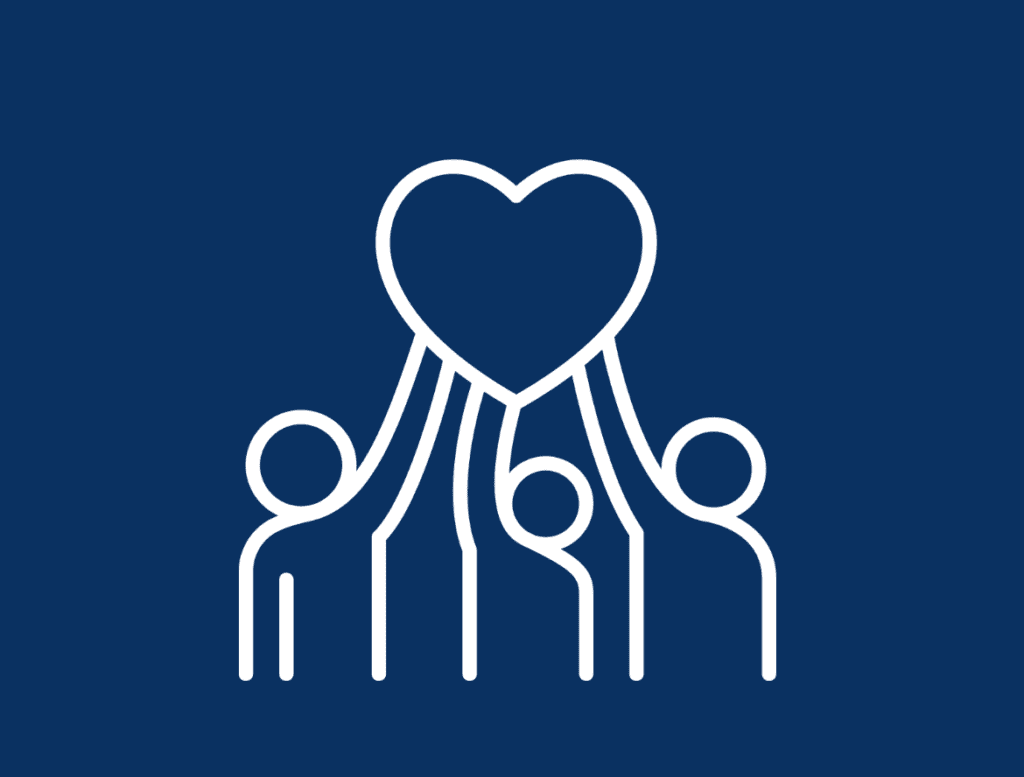A Legacy of Silence
Recently a vet I know called me about his brother. They both served in Iraq, at different times. One brother’s transition back into civilian life went, if not easily, then smoothly. He was soon back into his family, work, and community. Not so for his brother, who’d missed out on the support programs that were in place. His brother hit snag after snag. One bad thing led to the next. His decline was rapid and his situation seemed hopeless. He was angry and alienated.

I thought of how critical support is during the transition. For a recruit, military training is physically rigorous. It includes learning new job skills and brings a whole new way to live and be. But when a soldier’s military commitment is over, there’s an abrupt halt in lifestyle, in job, in routine. Veterans return to a world that kept changing and turning while they were away. A world that often feels foreign.
We know that many veterans don’t, or can’t, talk about their experiences. We see what that kind of silence does to the vet, but the family is affected too. Think about it. If you don’t have a veteran in your immediate family, there’s probably a grandfather, uncle, aunt or cousin, right? How often do you hear them talk about their experiences in the military? They might tell stories, but the stories are always the same, as if they’re kept in mothballs, rolled out for amusement from time to time. The experiences they share are limited. You have the sense you’re not hearing the whole story.
In our time, it’s not uncommon for three generations to all be veterans of different wars. That’s three wars, each one with its own particular kind of hell. Those untold stories impose a silence on the whole family, not just the veteran. Young children whose fathers saw combat grow up thinking PTSD is just how Daddy is. Parents, spouses and other family members try to tiptoe around anything that might be a sensitive trigger to a bad memory. It’s hard to help a loved one, and even harder to watch them struggle without help.

The paradox of close family not being in close communication mirrors the experience of the returning vet: everything that should feel the way it did is now different. And we’ve seen that it’s generational. With 18,000 new troops headed for Iraq this year, it’s a legacy likely to continue. Not the legacy you’d choose.
Once that journey of alienation starts, it’s hard to reverse. But not impossible. That’s what we’re here for. When families can’t talk to each other, they can talk to us.
Our Lifeline for Vets hotline has always been open to all vets and their families. Families are often the ones who call us before there’s a crisis. They call for information and help for their vets and support for themselves. It’s vet-to-vet when it needs to be. Families and loved ones who call get to talk to someone who knows firsthand what it feels like to be a vet.
If you or someone you know is a vet in trouble, here’s our number: 888.777.4443.
You can be a part of our mission to help Veterans by making a tax-deductible donation!
About the Author
SUBSCRIBE TO OUR BLOG AND NEWS!
By submitting this form, you are granting: NATIONAL VETERANS FOUNDATION INC permission to email you. You may unsubscribe via the link found at the bottom of every email. (See our Email Privacy Policy for details.)
Related Posts





